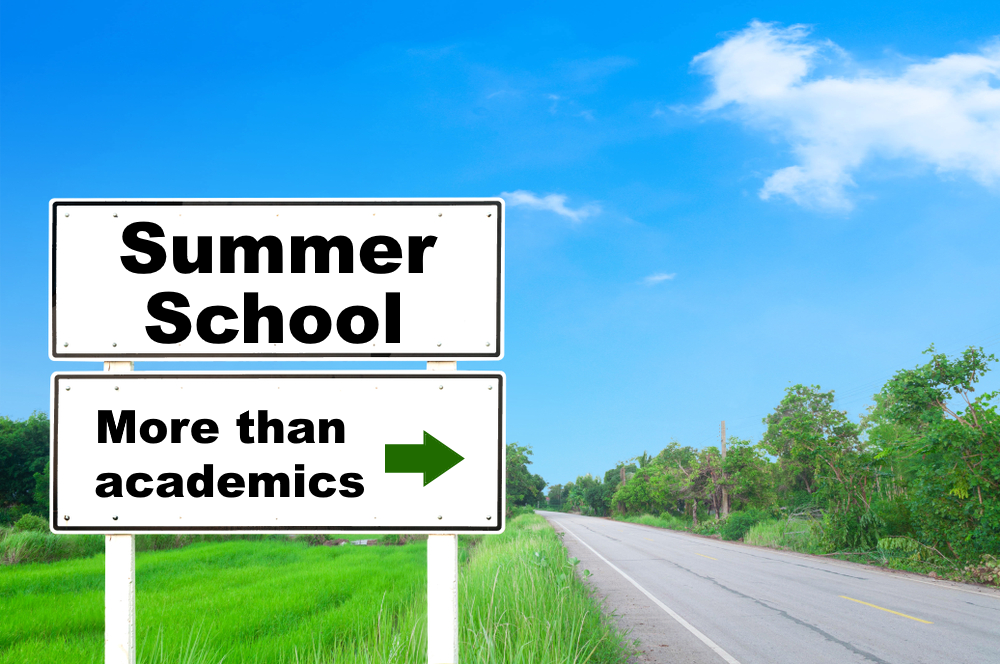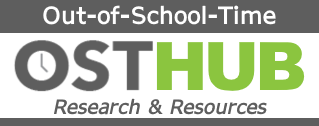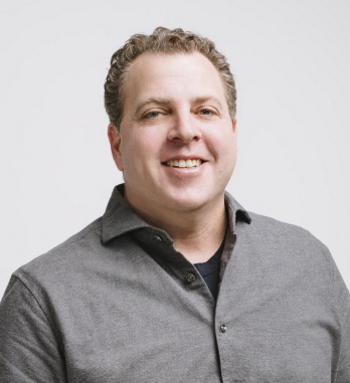 PANAEK PHOTOGRAPHER/SHUTTERSTOCK
PANAEK PHOTOGRAPHER/SHUTTERSTOCK
The outcry has been predictable: To catch kids up and reduce further slide after a year of pandemic-disrupted education, this country needs summer school. We’re hearing it from union leaders, politicians, and even the president. The big idea? To call upon newly vaccinated teachers, turn summer into summer school, and begin to repair some of the past year’s academic losses.
The instinct that this summer must be a time for our students to heal is a well-founded one. And we know that children learn best in person. But in-person doesn’t have to mean in a classroom, and summer learning doesn’t have to mean summer school. Kids need to be kids, especially now. That’s where the foundation for real learning gains will be found.
 I know this to be true as the Executive Director of DREAM, an organization born in 1991 as a scrappy Little League that grew to offer summer and afterschool sports-based youth development programs, long before that term entered the mainstream. Now, 30 years later, we’re a pre-K—12 network of DREAM Charter Schools serving thousands of scholars on an extended-day, extended-year basis. We believe that model is key to student success, and that the meaning of summer—freedom, joy, and infinite possibilities—is what sets the stage for educational achievement and, eventually, a child’s own vision of postsecondary success.
I know this to be true as the Executive Director of DREAM, an organization born in 1991 as a scrappy Little League that grew to offer summer and afterschool sports-based youth development programs, long before that term entered the mainstream. Now, 30 years later, we’re a pre-K—12 network of DREAM Charter Schools serving thousands of scholars on an extended-day, extended-year basis. We believe that model is key to student success, and that the meaning of summer—freedom, joy, and infinite possibilities—is what sets the stage for educational achievement and, eventually, a child’s own vision of postsecondary success.
That’s why summer at DREAM has always meant more than academics. Yes, preventing learning loss is a huge part of what we do: Ninety-seven percent or more of students who participated in our summer learning programs maintained or increased their reading level. But our strongest emphasis is on building relationships and social-emotional health.

Photo: Courtesy Richard Berlin
Richard Berlin is the founding chair of DREAM Charter Schools
Summer programming that combines academics with whole-child development works; we know it, parents know it, and organizations like the National Summer Learning Association have been advocating for it for years. It’s critical even in “normal” years, when studies demonstrate that, on average, students lose 39% of their school year gains during the summer months. Many students have borne even greater losses since the coronavirus pandemic began in March 2020.
So, in a country of students, families, and teachers beleaguered by over a year of remote school (or no school at all, for many children), there is one question: Can programming that focuses on social-emotional health, executed equitably and on a national scale, begin to turn the tide for our kids this summer?
Here at DREAM, and at schools and organizations like ours across the US, we say yes. How can we be so sure? Because we see it every summer, and in fact every day, in our own communities. Summer school is bad branding—with kids and adults—for a reason. It’s narrow and punitive. It’s not fun. Putting our children’s social-emotional wellness first has always been the solution, and has always paid off dividends in their academic outcomes. If a child falls and scrapes their knee, we don’t send them back out to play in the mud until we’ve cleaned and bandaged it, or else we risk infection. So why the rush to get our children back into classrooms over the summer, when, for many of them, the past year has left at least a scrape or two?
Kids are resilient, and they will heal, if we give them the space to do so. But until they have that space, they can’t excel academically, at least in a sustainable way. We need to communicate to them that the pressure is off. This summer, they can take a deep breath. They can get out on the field, be with their friends, read something they enjoy without worrying about being tested. This summer, they can practice the first real skill they learned: how to play.
But what if we fail to make SEL-based summer programming available to every child, in every district, at no cost? What if we instead do nothing, or if we go the route of a no-excuses summer semester? We already know that the result will be a continuation of the inequitable outcomes we’ve seen not only since COVID shut down schools, but historically across our education system.
For more on related programs, research and resources, go to
► Youth Today’s OST Hub | Summer Learning
For some children, summer will be a time of enrichment regardless. Affluent families will be traveling, attending camp, visiting museums. Their children are learning regardless.
The question, then, is one of equity. And the answer, like so much of what we’ve learned this past year, will echo far beyond this pandemic. Long after students are back in school full-time, the choices we make this summer will matter. For all our kids, and especially the most vulnerable ones, let’s make this summer count.
Richard Berlin is the founding chair of DREAM Charter Schools and has served as DREAM’s Executive Director since 1997.





























